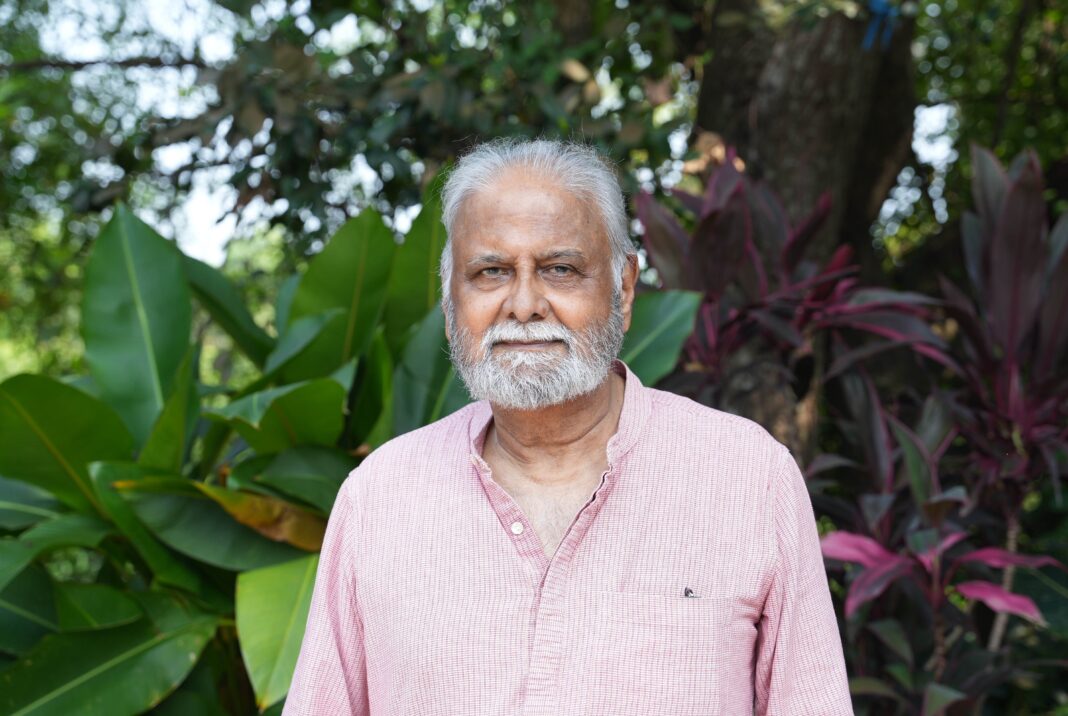‘One Nation, One Election’ harmful to Indian Polity: Association for Democratic Reforms (ADR) Founder
~ No country has a perfect democracy, but the degree of democratisation is lacking in India, according to Prof. Jagdeep Chhokar.
Panaji, November 2024: The ‘One Nation, One Election’ is harmful to Indian polity, as it will prod regional parties to assimilate into pan-India political outfits, leading to a withering away of heterogeneity in the country’s political space, according to Prof. Jagdeep S. Chhokar, founder member and trustee of the Association for Democratic Reforms (ADR).
Chhokar emphasised the importance of maintaining the individualism of regional parties to protect federalism in India. “The concept of ‘One Nation, One Election’ is harmful to the country, as State parties will eventually get assimilated into the national parties and we will lose heterogeneity. I believe that national parties should not try to subvert state parties,” he stated. His comments come at a time when the central government is expected to table a ‘One Nation, One Election’ enabling legislation in the upcoming winter session of Parliament scheduled to begin from November 25 onwards.
Chhokar, a former director in charge of the Indian Institute of Management (IIM), Ahmedabad, with teaching experience spanning universities in Australia, France, Japan and the US, was speaking at the recently held MOG Sundays talk at the Museum of Goa, Pilerne. The ADR was established in 1999 by a group of professors from IIM-Ahmedabad with the objective of improving governance and strengthening democracy in the domain of electoral and political reforms.
During his talk, Chhokar gave insights into the functioning of India’s diverse and complex polity at the state and national levels. India’s level of democratisation is far from satisfactory, he said, adding that the country was fundamentally not a direct democracy but a representative one.
“There is no country in the world that is a perfect democracy. We should look at the degree of democratisation, not if a country is a democracy, and it is lacking in India. A democracy can only exist if the pillars of democracy are democratic in themselves, which none of India’s pillars are,” said Chhokar.
He also mentioned that Section 29A of the Representation of the People Act, 1951, (RP Act) posits that political parties must register themselves through the Election Commission of India (ECI) to obtain legal recognition. Chhokar stated that, however, once registered, a political party exists forever, as the ECI holds no power to deregister them under the RP Act, according to the Supreme Court.
“Registered political parties can only be de-registered under exceptional circumstances like registration through fraud or forgery, failure of the political party to have allegiance to the Constitution of India, or being declared unlawful by the Union Government, which is not upheld. There are ongoing petitions to the Supreme Court to empower the ECI to de-register political parties, with no present outcome,” said Chhokar.
As per the ECI, 2,764 active registered political parties in the country as of March 23, 2024, which are recognised as ‘national’ and ‘State’ parties’. India has six ‘national’, and 75 ‘State’ parties that have been recognised. Goa has three registered state parties, namely, the Maharashtrawadi Gomantak Party (MGP), Goa Forward Party (GFP) and Revolutionary Goans Party (RGP).
Out of these 2,700-plus political parties, less than 300 contest elections. According to Chhokar, registered political parties enjoy legal exemption from income tax payment under Section 13A of the Income Tax Act, which is one of the reasons for their proliferation.




